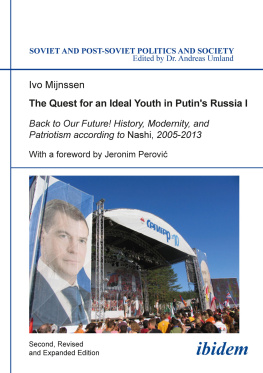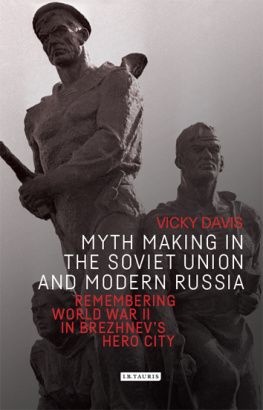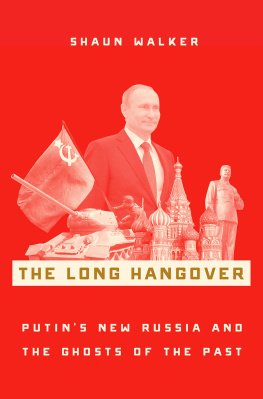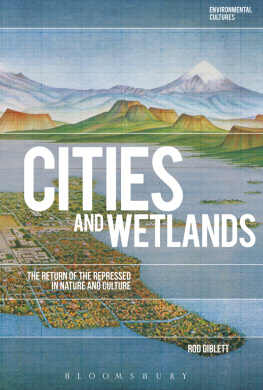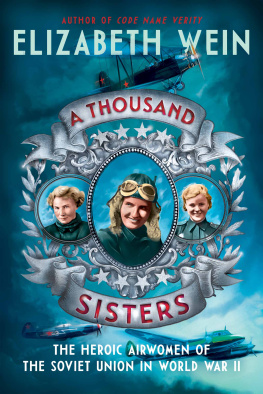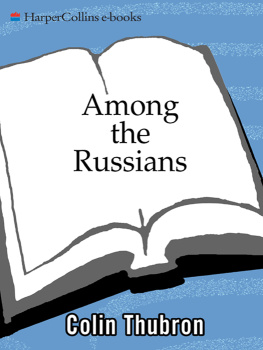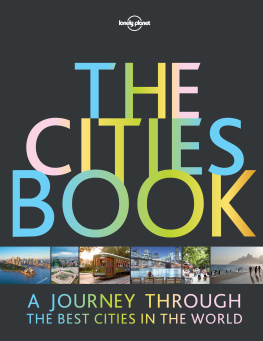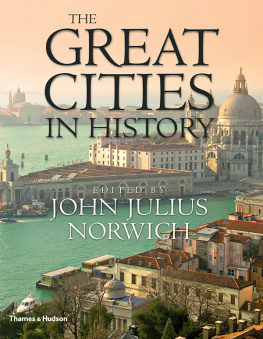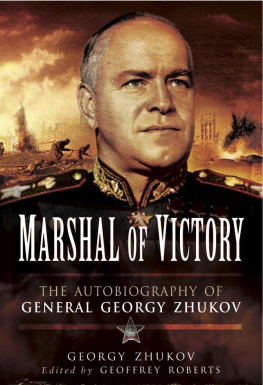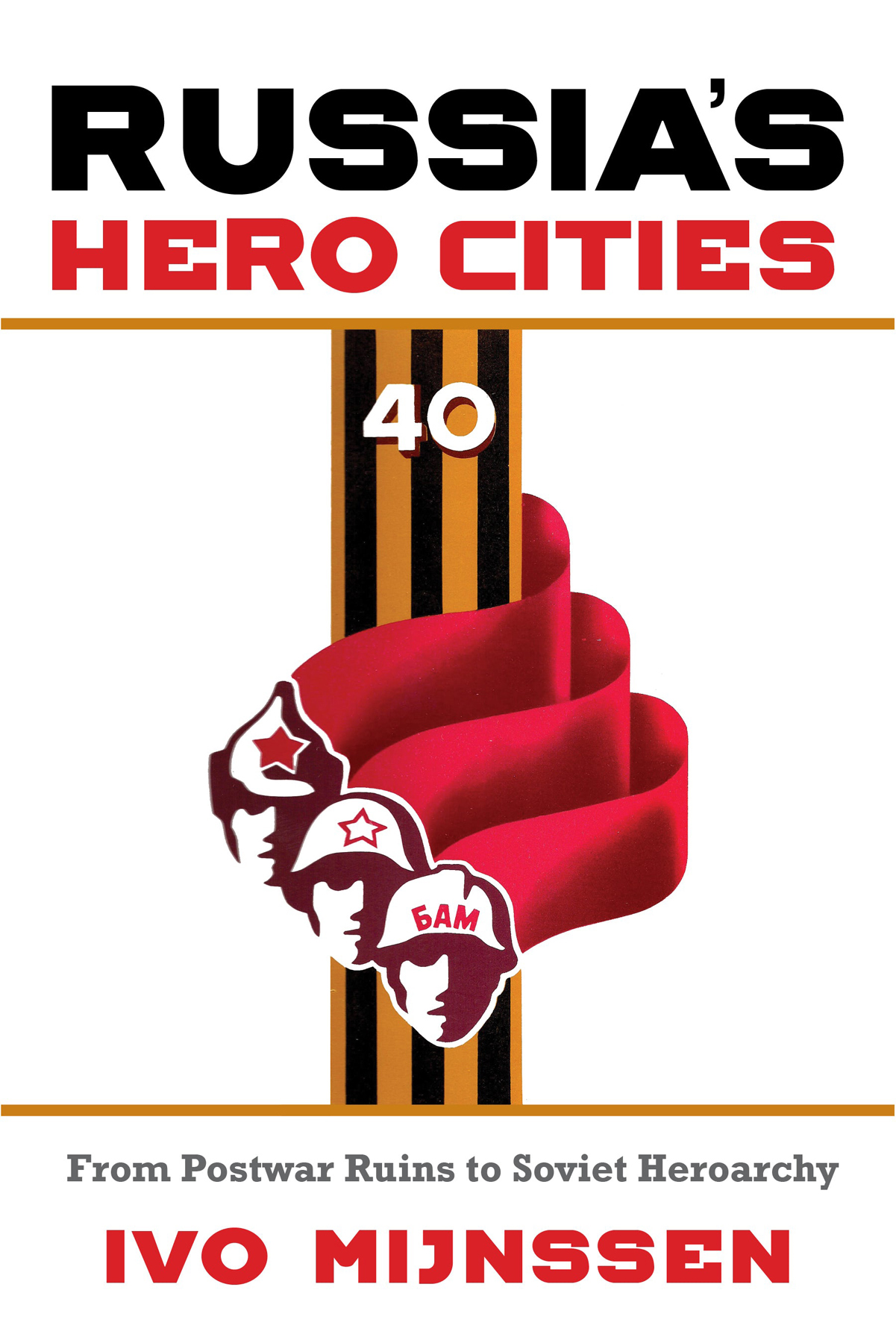Ivo Mijnssen - Russias Hero Cities: From Postwar Ruins to the Soviet Heroarchy
Here you can read online Ivo Mijnssen - Russias Hero Cities: From Postwar Ruins to the Soviet Heroarchy full text of the book (entire story) in english for free. Download pdf and epub, get meaning, cover and reviews about this ebook. year: 2021, publisher: Indiana University Press, genre: Politics. Description of the work, (preface) as well as reviews are available. Best literature library LitArk.com created for fans of good reading and offers a wide selection of genres:
Romance novel
Science fiction
Adventure
Detective
Science
History
Home and family
Prose
Art
Politics
Computer
Non-fiction
Religion
Business
Children
Humor
Choose a favorite category and find really read worthwhile books. Enjoy immersion in the world of imagination, feel the emotions of the characters or learn something new for yourself, make an fascinating discovery.

- Book:Russias Hero Cities: From Postwar Ruins to the Soviet Heroarchy
- Author:
- Publisher:Indiana University Press
- Genre:
- Year:2021
- Rating:3 / 5
- Favourites:Add to favourites
- Your mark:
Russias Hero Cities: From Postwar Ruins to the Soviet Heroarchy: summary, description and annotation
We offer to read an annotation, description, summary or preface (depends on what the author of the book "Russias Hero Cities: From Postwar Ruins to the Soviet Heroarchy" wrote himself). If you haven't found the necessary information about the book — write in the comments, we will try to find it.
In Russias Hero Cities, Ivo Mijnssen reveals how contradictory national recollections were revised into an idealized past that both served official needs and offered a narrative of heroism. This triumphant narrative was most evident in the creation of 13 Hero Cities, now located across Russia, Belarus, and Ukraine. These cities, which were host to some of the fiercest and most famous battles, were named champions. Brezhnevs government officially recognized these cities with awards, financial contributions, and ritualized festivities. Their citizens also encountered the altered history at every corner--on manicured battlefields, in war memorials, and through stories at the kitchen table. Using a rich tapestry of archival material, oral history interviews, and newspaper articles, Mijnssen provides a thorough exploration of two cities in particular, Tula and Novorossiysk.
By exploring the significance of Hero Cities in Soviet identity and the enduring but conflicted importance they hold for Russians today, Russias Hero Cities exposes how the Great Patriotic War no longer has the power to mask the deep rifts still present in Russian society.
Ivo Mijnssen: author's other books
Who wrote Russias Hero Cities: From Postwar Ruins to the Soviet Heroarchy? Find out the surname, the name of the author of the book and a list of all author's works by series.

